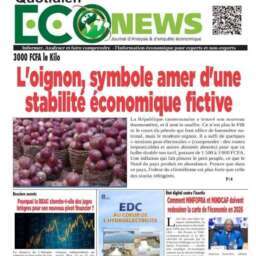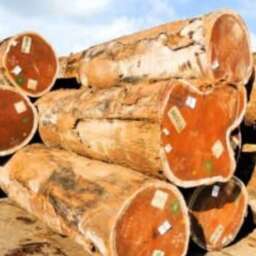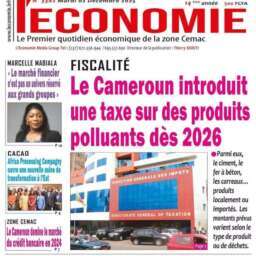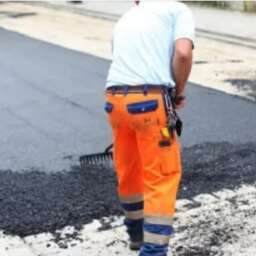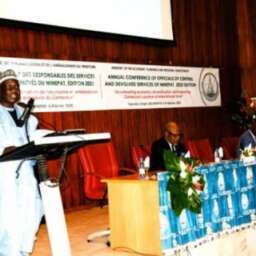(Business in Cameroon) – A symposium on advancing next-generation Special Economic Zones (SEZs) in Central Africa began on January 21 in Douala. Organized by the United Nations Economic Commission for Africa (UNECA) Sub-Regional Office for Central Africa, in collaboration with the African Union, the African Development Bank, UNIDO, and UNDP, the event concludes today. It gathers experts from CEEAC and CEMAC member states, regional economic communities, financial institutions, development partners, and leaders from the private sector.
Participants are exploring ways to accelerate the creation and implementation of SEZs as tools to drive inclusive industrialization and economic diversification in Central Africa. According to the organizers, the symposium aims to establish a regional inter-agency working group and a strong cooperation platform to fast-track industrialization strategies. It also seeks to develop a joint program to support the design and implementation of SEZs, contributing to sustainable industrialization and broader social and economic development in the sub-region.
Jean Luc Mastaki, director of UNECA’s Sub-Regional Office for Central Africa, highlighted the sub-region’s rich natural resources, emphasizing the need to process them locally to accelerate industrialization and diversification. Developing next-generation SEZs is considered a key step in achieving this objective. Mastaki also noted Cameroon’s leadership in this initiative, particularly through the planned SEZ in Bertoua, focused on wood processing. The country’s membership in the Africa Finance Corporation (AFC) in 2022 has provided funding for the project, which has secured 1,000 hectares of land and initiated compensation processes to support the industrial hub’s development.
SEZs are designated areas with infrastructure designed to enable businesses to produce goods and services efficiently. UNECA sees these zones as essential to bridging the industrial gap caused by years of economic restructuring under structural adjustment programs. For UNECA, SEZs are not just about production but about creating strong, sustainable regional value chains to enhance the region’s competitiveness in global markets.
The symposium also addresses the need for better integration within Central Africa, which remains the least connected region on the continent. Intra-regional trade accounts for just 1.57% of total trade, compared to 15–16% in other African regions. To improve the free movement of goods and people and strengthen its contribution to the African Continental Free Trade Area (AfCFTA), UNECA is advocating for robust industrial capacity through regional SEZs.
The United Nations agency supports the creation of three SEZs in Central Africa. One focuses on wood processing in Bertoua, Cameroon. Another is dedicated to battery production and electric vehicles in the Democratic Republic of Congo (DRC) and Zambia. The third targets livestock and meat processing in Chad. These SEZs are expected to serve as pillars for industrialization, attracting investments and fostering sustainable economic growth across the sub-region.









